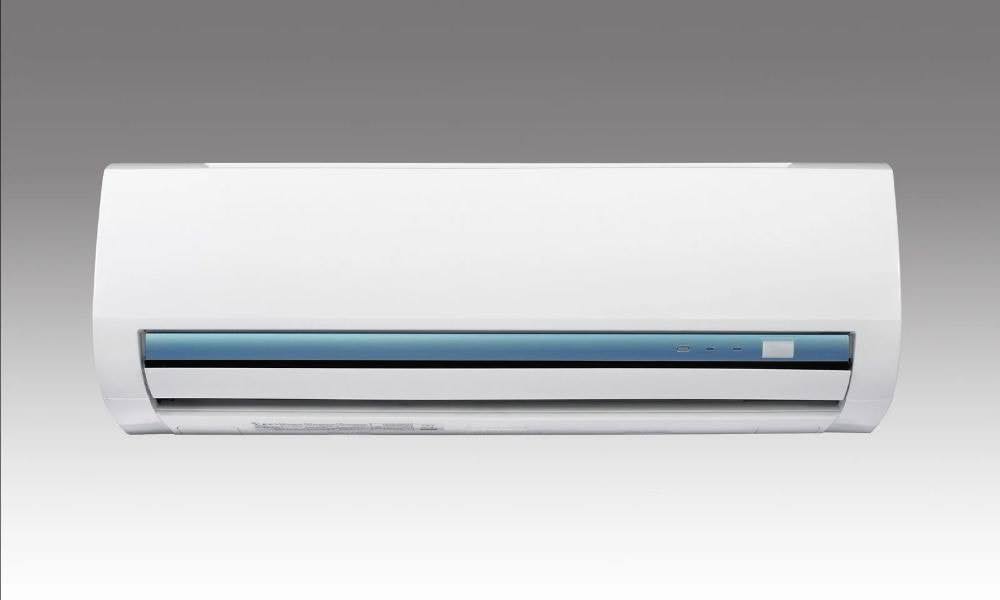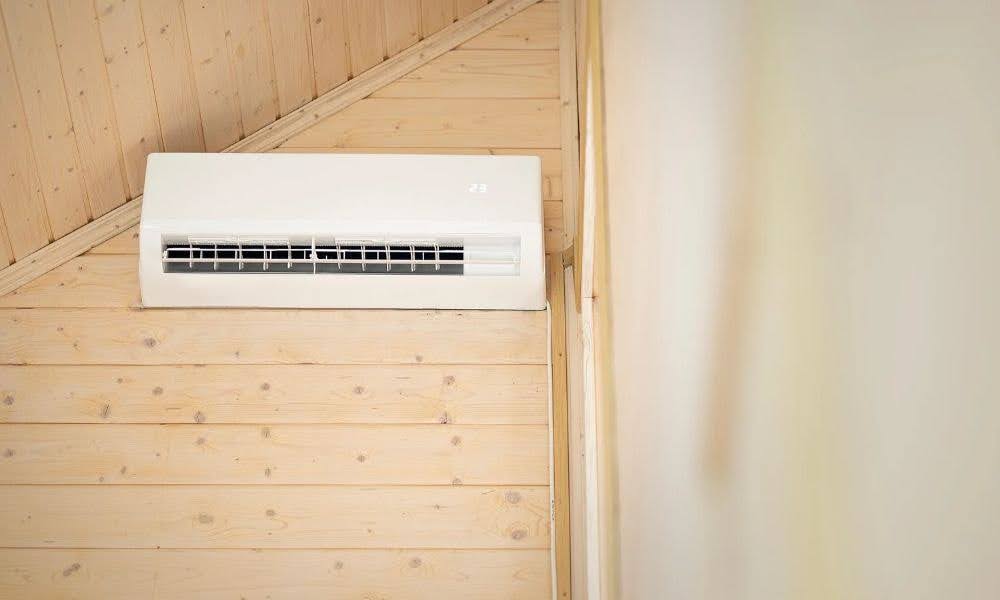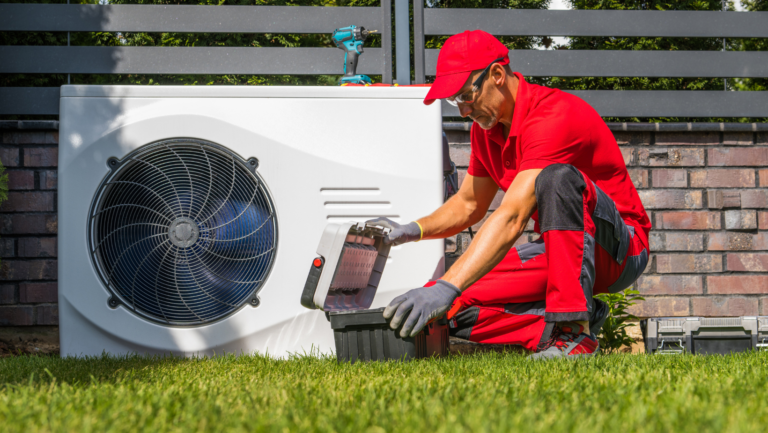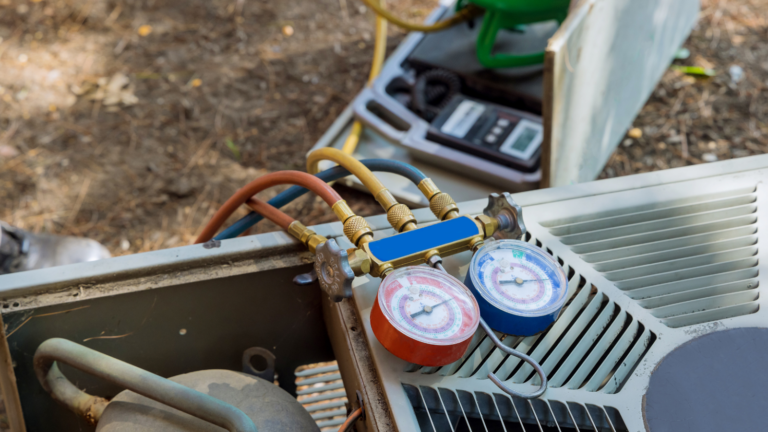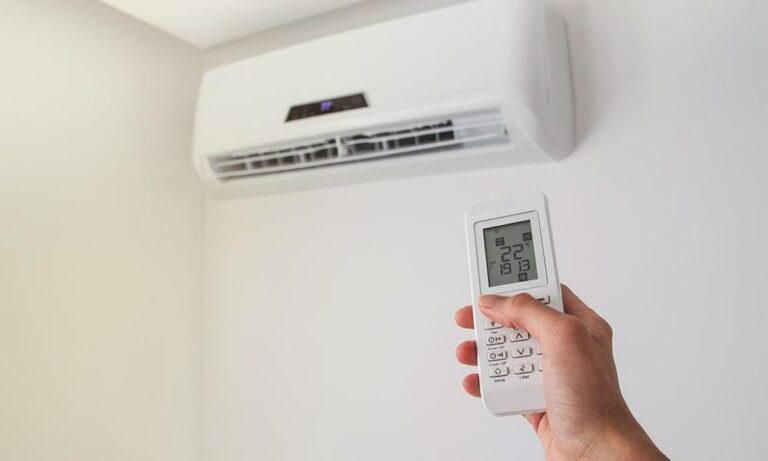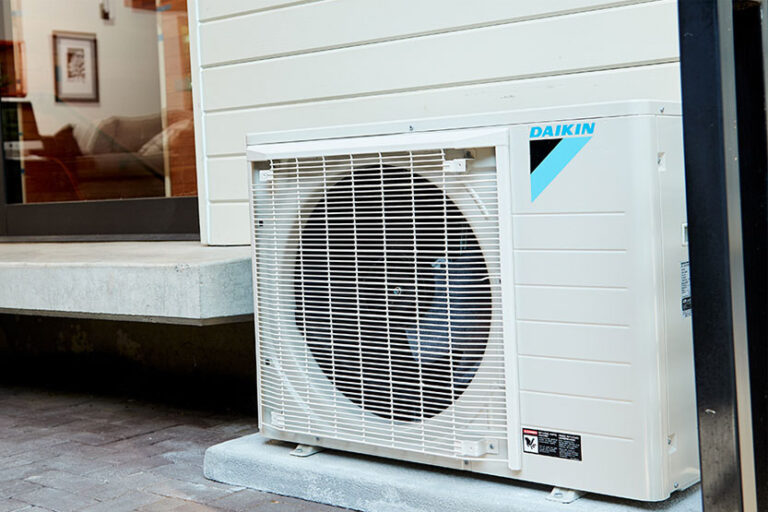Best HVAC Brands for North Carolina Homes
Choosing the right HVAC system can make all the difference when it comes to keeping your North Carolina home comfortable year-round. With the region’s hot, humid summers and chilly winters, having a reliable air conditioner or heat pump isn’t just a luxury—it’s a necessity.
But with so many brands on the market, how do you know which is best for your home? Choose the right HVAC brand for comfort and savings – it should be energy efficient and cut your utility bills.
North Carolina’s diverse climate demands an HVAC system that can handle both extremes, making the choice of brand particularly important. HVAC contractors in the area understand that selecting a system tailored to your specific needs, from cooling capacity to energy efficiency, is key to maximizing your home’s comfort and efficiency. Whether you’re looking to upgrade or install a new system, considering factors like the local climate and the unique demands of your home can guide you to the perfect HVAC solution.
Factors to Consider When Choosing an HVAC Brand
Selecting the right HVAC brand for your home involves more than just picking a name you recognize. There are several key factors that should influence your decision, ensuring that your HVAC system meets your specific needs and delivers lasting value. One of the first considerations is energy efficiency. Look for brands that offer systems with a high Seasonal Energy Efficiency Ratio (SEER), which measures how efficiently air conditioners and heat pumps operate. Investing in an energy-efficient HVAC unit can lower your utility bills and reduce your carbon footprint.
Another crucial factor is durability and reliability. You want an HVAC system that will stand the test of time, especially in North Carolina’s varied climate. Reputable HVAC companies often provide detailed information on the longevity and performance of their units, which can help guide your choice. Cost and value for money are also important—while a higher initial investment might offer better performance and savings in the long term, it’s essential to weigh this against your budget.
Additionally, consider the warranty and support services offered by the brand. A strong warranty and reliable HVAC services can provide peace of mind and ensure that any issues are handled promptly. Don’t forget to evaluate noise levels, technology and features, and the ease of installation and maintenance, especially for central systems, where these factors can significantly impact your overall satisfaction with the system.
Top HVAC Brands for North Carolina Homes
When it comes to choosing the best HVAC system for your North Carolina home, it’s essential to understand the different options available in the market. Whether you’re in the market for a premium system with advanced features or a budget-friendly option that balances cost and performance, each HVAC brand offers something unique.
Premium Brands
Premium HVAC brands offer top performance, durability, and advanced features for optimal comfort, energy efficiency, and long-term reliability. Ideal for homeowners to prioritize quality.
Trane
Trane is one of the most recognized premium HVAC brands, known for its high-quality systems and innovative technology. Trane’s HVAC systems are built to last, featuring durable heat exchangers and central air conditioners designed to handle North Carolina’s hot summers and cool winters with ease. The brand is also celebrated for its energy efficiency, which can help lower energy bills over time.
While Trane units often come with a higher upfront cost, their reliability and quiet operation make them a preferred choice for homeowners seeking long-term value. However, this premium quality can mean costly repairs if maintenance is neglected, so careful consideration is needed when deciding if Trane is the right choice for your home.
Carrier
Carrier is another top-tier HVAC brand offering a range of heating and cooling solutions that excel in performance and energy efficiency. Carrier systems are known for their cutting-edge technology, including advanced humidity control features that are particularly beneficial in North Carolina’s varying climate. Carrier’s central air conditioners and heat pumps are designed for quiet operation, making them an excellent choice for homeowners who prioritize a peaceful indoor environment.
Although Carrier systems are on the pricier side, their superior warranty and support services often justify the investment, ensuring that your new HVAC system continues to perform well for years to come.
Mid-Range Brands
Mid-range HVAC brands provide reliable, cost-effective heating and cooling solutions with good energy efficiency and essential functionalities.
Lennox
Lennox offers a solid middle-ground option for homeowners looking for a balance between cost and performance. Known for their energy-efficient HVAC systems, Lennox units often feature innovative heat exchangers and humidity control technology that provide consistent comfort throughout the year.
Lennox is also recognized for its commitment to sustainability, offering several models with high SEER ratings that help reduce energy consumption and lower energy bills. However, while Lennox offers reliable HVAC equipment, some models may require more frequent maintenance, making it important to weigh the long-term costs against the initial savings.
Rheem
Rheem is another reputable mid-range brand offering a range of HVAC systems that combine reliability with affordability. Rheem systems are particularly noted for their durability and straightforward design, which can make maintenance and repairs more manageable. Their central air conditioners and heat pumps are designed to provide consistent heating and cooling, making them a dependable choice for North Carolina’s diverse climate.
Rheem also offers models with high energy efficiency ratings, which can help minimize energy bills over time. While Rheem may not have all the bells and whistles of premium brands, it provides a cost-effective solution without sacrificing essential features or performance.
Budget-Friendly Brands
Budget-friendly HVAC brands offer reliable systems at affordable prices, making them perfect for homeowners who want essential features and energy efficiency without breaking the bank.
Goodman
Goodman is a well-known, budget-friendly HVAC brand that delivers reliable performance at a lower cost. Goodman’s HVAC systems are designed to be accessible without compromising on key features, making them a popular choice for homeowners looking to replace their HVAC equipment without breaking the bank. Goodman units are known for their solid construction and energy efficiency, which can help reduce both upfront costs and long-term energy bills.
However, while Goodman systems offer good value, they may not be as quiet or feature-rich as more expensive options, so it’s important to consider your specific needs and priorities when choosing this brand.
Amana
Amana offers another excellent budget-friendly option, providing dependable HVAC systems that are built to last. Amana is known for offering some of the best warranties in the industry, which can be a significant advantage for homeowners concerned about costly repairs. Amana’s central air conditioners and heat pumps are designed with durability in mind, featuring robust components that help ensure reliable performance even in extreme weather conditions. While Amana systems are generally more affordable, they still offer good energy efficiency and essential features, making them a smart choice for those seeking a balance between cost and functionality.
Comparison of Top HVAC Brands
When evaluating HVAC brands, it’s essential to look beyond the surface and consider how each brand performs in key areas that directly impact your home’s comfort and efficiency. Premium brands often excel in energy efficiency and advanced features, but mid-range and budget-friendly options can offer a better balance of cost and functionality.
Durability and reliability are crucial, particularly in North Carolina’s climate, where systems must handle both high heat and cold. Noise levels and ease of maintenance are also important factors, especially for homeowners looking for a system that operates quietly and requires minimal upkeep.
HVAC System Types and Their Suitability
Selecting the appropriate HVAC system for your residence is equally crucial as picking the correct brand. Each system type has its own set of advantages and is suited to different home layouts, climates, and personal preferences. Here’s a quick overview of the most common HVAC system types and how they might fit your needs:
- Central Air Conditioning Systems: Central air conditioner is ideal for homes with existing ductwork, it provides consistent cooling throughout the entire house. They are energy-efficient and effective for maintaining a uniform temperature but require regular maintenance and can have higher upfront costs.
- Ductless Mini-Split Systems: Perfect for homes without ductwork, these systems allow for independent temperature control in different zones or rooms. They are energy-efficient, easy to install, and flexible, but may be more expensive per unit than central systems.
- Heat Pumps: These versatile systems provide heating and cooling, making them ideal for mild climates like North Carolina’s. Heat pumps are energy-efficient, especially in regions with moderate temperature fluctuations, but may be less effective in extreme cold.
- Geothermal Heating and Cooling Systems: Highly energy-efficient and environmentally friendly, these systems use the earth’s stable temperature to regulate indoor climate. Geothermal systems have high upfront costs but offer significant savings on energy bills over time and are suitable for homeowners committed to sustainable living.
- Furnaces: A common choice for heating, furnaces are effective in colder climates and can be paired with central air conditioning systems. They offer reliable heat and can be fueled by natural gas, oil, or electricity. However, they require regular maintenance and can have varying levels of energy efficiency depending on the model.
Tips for Choosing the Best HVAC System for Your Home
Choosing the best HVAC system for your home starts with assessing your specific heating and cooling needs, taking into account factors like your home’s size, layout, and the local climate. Consulting with HVAC professionals from the best HVAC companies can provide valuable insights tailored to your situation, ensuring you choose a system that offers optimal performance and efficiency.
Additionally, reading customer reviews and ratings can give you a sense of customer satisfaction and potential repair costs associated with different brands and models. It’s also crucial to consider the long-term costs, including energy consumption, maintenance, and potential repairs, to ensure you’re making a wise investment that will serve your home well for years to come.
Selecting the Perfect HVAC System for North Carolina Living
Selecting the perfect HVAC system for your home is a vital decision. It’s important to find the right balance between comfort, efficiency, and cost to make sure you and your family are comfortable without breaking the bank. Think of your HVAC system as the heart of your home’s comfort—investing in the right one can save you headaches and money in the long run. Start by considering your home’s specific needs, and don’t hesitate to seek advice from trusted HVAC professionals who can guide you toward the best options.
Remember, customer reviews can offer real-world insights, so take the time to see what others have experienced with the brands you’re considering. Lastly, while upfront costs are important, don’t overlook the long-term savings that come from energy efficiency and lower repair costs. By carefully weighing these factors, you’ll ensure that your home remains a comfortable haven, no matter the season.


